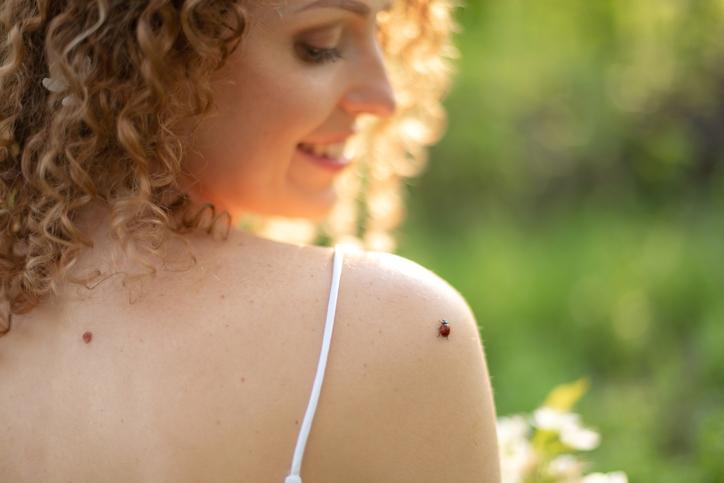22 мая 2025
7 Myths About Ticks


22 мая 2025
7 Myths About Ticks
## Myth 1: Ticks fall from trees
[Ticks](https://ul.orna.me/KOge/librarydisease?id=218) are not able to fly, jump, or fall from trees. They wait for a victim on grass, bushes and in low vegetation, usually at a height of up to one meter. Sensing heat and vibrations, the tick clings to a passing person or animal.
## Myth 2: All ticks are contagious
A tick bite does not always mean infection. Not every tick carries disease and spreads infection. The risk depends on the region, the specific tick species, and the timing of the tick bite. If the tick is removed within the first 1-2 hours, the chance of infection is significantly lower.
> You can find out whether a tick is sick or not by testing it.
## Myth 3: Ticks should be squeezed or cauterized
Such actions can only worsen the situation. When squeezed, the tick releases saliva and potentially infectious contents. It is equally risky to use oil, alcohol and other folk methods. The correct method is to remove the tick with tweezers or a special device. Grab the parasite as close to the skin as possible and slowly pull out without sudden jerking movements. Try not to tear off the mouth apparatus of the tick. If this happens, you can remove the remnants with a needle, like you would remove a splinter.
## Myth 4: If the tick is infected, symptoms will appear immediately
Ticks carry several diseases. The most common are tick-borne encephalitis and Lyme disease (borreliosis). The symptoms of these diseases develop gradually, and the incubation period can last from a few days to a few weeks. Because of this incubation period, it is important to monitor your condition for a long time after the bite. If you develop fever, skin rashes, enlarged lymph nodes, weakness or redness at the site of the bite, visit your doctor.
## Myth 5: Ticks are dangerous only in summer
Ticks become active when the temperature is about +41 °F. Their activity begins in March-April and can last until November, especially in the mild fall months. The peak of activity is spring and early summer.
## Myth 6: There are no ticks in cities
Ticks live in cities‒in parks, on lawns, and in green areas. They are especially abundant in tall grass, bushes and near water bodies.
## Myth 7: Repellents give 100% protection
Anti-tick repellents significantly reduce the risk of a bite, but do not give a full guarantee. The best approach is comprehensive protection: anti-tick products, proper clothing, regular check-ups after walks and avoiding tall grass. The surest way to protect yourself from ticks is to get vaccinated!
> Lyme disease can cause hormonal dysfunction. If you constantly feel fatigued, we recommend getting a test to evaluate your adrenal function.













